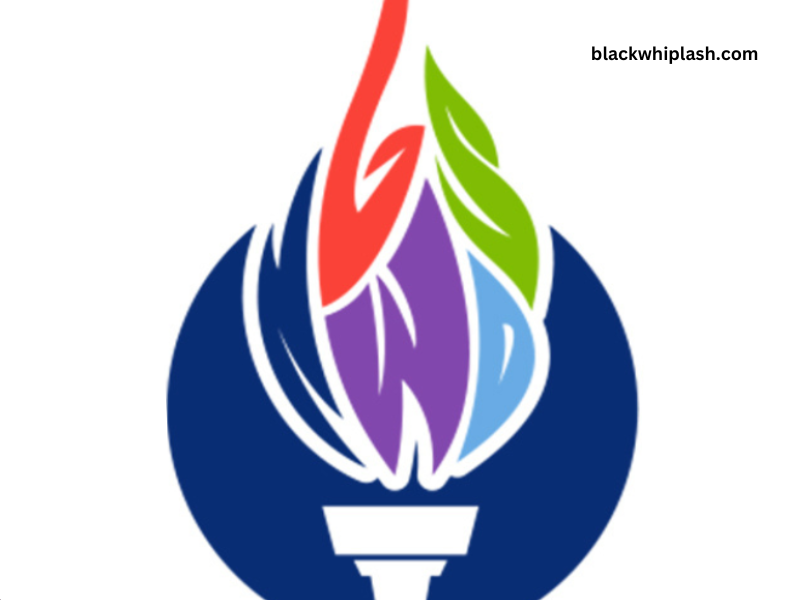National Girls and Women in Sports Day (NGWSD) is an annual observance in the United States that highlights the importance of female participation in sports and physical activities. Celebrated on the first Wednesday of February, this day serves as a platform to recognize the achievements of female athletes, raise awareness about the ongoing struggle for gender equality in sports, and inspire the next generation of girls to embrace sports as a vital part of their lives. This article delves into the history of National Girls and Women in Sports Day, its significance, and the impact it has on society, encouraging young women to pursue their athletic dreams.
The History of National Girls and Women in Sports Day
National Girls and Women in Sports Day was established in 1987 to honor the achievements of women in sports and advocate for equal opportunities for all athletes, regardless of gender. The day was inspired by the accomplishments of the late Olympic volleyball player Flo Hyman, who was an outspoken advocate for gender equality in sports. Hyman’s dedication and passion for women’s sports brought attention to the inequalities faced by female athletes and prompted the creation of this national observance.
The first National Girls and Women in Sports Day was celebrated on February 4, 1987. Since then, it has evolved into a significant event supported by various organizations, schools, and sports clubs across the nation. The Women’s Sports Foundation, a leading organization advocating for women in sports, plays a crucial role in promoting this day and its initiatives, emphasizing the importance of participation in sports for girls and women.
The Significance of NGWSD
Empowering Female Athletes
National Girls and Women in Sports Day empowers female athletes by highlighting their achievements and contributions to sports. This observance not only celebrates the successes of prominent female athletes but also inspires young girls to participate in sports. When girls see successful female athletes in various disciplines, they are more likely to pursue their athletic dreams, knowing that their efforts can lead to recognition and success.
Raising Awareness About Gender Inequality
Despite significant progress, gender inequality in sports remains a pressing issue. Women continue to face disparities in funding, media coverage, and opportunities compared to their male counterparts. National Girls and Women in Sports Day serves as a reminder of these inequalities and encourages conversations about the need for systemic changes in sports organizations and policies.
Promoting Healthy Lifestyles
Engaging in sports promotes physical health, mental well-being, and social skills. National Girls and Women in Sports Day emphasizes the importance of physical activity for girls and women, encouraging them to embrace an active lifestyle. By promoting participation in sports, this observance helps combat issues such as obesity, depression, and low self-esteem, which can arise from a sedentary lifestyle.
How to Celebrate National Girls and Women in Sports Day
Organize Events and Activities
Schools, community centers, and sports organizations can celebrate NGWSD by organizing events and activities that promote female participation in sports. This can include workshops, clinics, and competitions specifically for girls, showcasing various sports and encouraging participation. By providing opportunities for girls to engage in sports, we foster a supportive environment that empowers them.
Highlight Female Role Models
One of the most effective ways to inspire young girls is by showcasing female athletes who have made significant contributions to their respective sports. Schools and organizations can invite guest speakers, host panel discussions, or create social media campaigns that highlight the achievements of female athletes. Sharing stories of resilience, determination, and success can motivate young girls to pursue their dreams in sports.
Encourage Community Involvement
Community involvement is crucial in promoting the message of National Girls and Women in Sports Day. Local businesses, sports teams, and organizations can collaborate to support events, sponsor activities, and provide resources for girls interested in sports. By fostering a supportive community, we create an environment where girls feel encouraged to participate in athletics.
Social Media Campaigns
In today’s digital age, social media plays a significant role in spreading awareness. Organizations, schools, and individuals can use platforms like Instagram, Twitter, and Facebook to share messages of empowerment, post stories of female athletes, and promote events related to NGWSD. Hashtags such as #NGWSD, #GirlPower, and #WomenInSports can help create a larger conversation about gender equality in sports.
The Impact of National Girls and Women in Sports Day
Inspiring Future Generations
National Girls and Women in Sports Day has a lasting impact on young girls and future generations of female athletes. By celebrating the achievements of women in sports, we create a legacy that inspires girls to pursue their athletic passions. The stories of successful female athletes serve as powerful motivators, showing young girls that they can achieve their dreams through hard work and dedication.
Creating a Culture of Equality
The observance of National Girls and Women in Sports Day contributes to the ongoing fight for gender equality in sports. By raising awareness about the disparities faced by female athletes, we encourage a cultural shift towards inclusivity and equity in sports. As more individuals and organizations advocate for change, we move closer to a future where women have equal opportunities to compete and excel in sports.
Building Stronger Communities
Engaging girls in sports not only empowers them individually but also strengthens communities as a whole. Sports foster teamwork, leadership, and resilience, which are essential qualities for personal and professional success. By supporting female athletes and promoting their participation in sports, we contribute to the development of confident, empowered individuals who can positively impact their communities.
The Role of Schools and Educational Institutions
Encouraging Participation in Physical Education
Schools play a crucial role in promoting National Girls and Women in Sports Day by emphasizing the importance of physical education programs. By providing equal opportunities for girls to participate in sports, schools can foster an inclusive environment that encourages athletic engagement. Schools should offer a diverse range of sports options to cater to the interests of all students, ensuring that girls have the same opportunities as boys.
Implementing Leadership Programs
Educational institutions can implement leadership programs that focus on empowering young girls in sports. These programs can provide mentorship, coaching, and skill development opportunities, helping girls build confidence and leadership skills. By equipping girls with the tools they need to succeed, we create a pipeline of future female leaders in sports.
Celebrating Achievements
Schools can celebrate the achievements of female athletes by recognizing their accomplishments during assemblies, newsletters, and social media platforms. By highlighting the successes of female athletes, schools inspire other students to participate in sports and strive for excellence.
Conclusion
National Girls and Women in Sports Day serves as a vital reminder of the importance of female participation in sports and the ongoing fight for gender equality in athletics. By celebrating the achievements of female athletes, raising awareness about gender disparities, and inspiring young girls to embrace sports, we contribute to a brighter future for women in sports.
As we observe National Girls and Women in Sports Day, let us commit to fostering an inclusive and supportive environment for all female athletes. Whether through organizing events, highlighting role models, or advocating for equal opportunities, each of us has a role to play in empowering the next generation of women in sports. Together, we can ensure that girls not only participate in sports but thrive as athletes, leaders, and role models in their communities.


